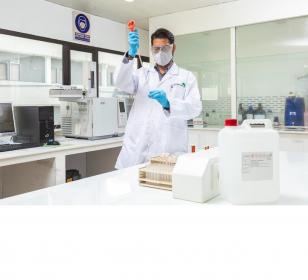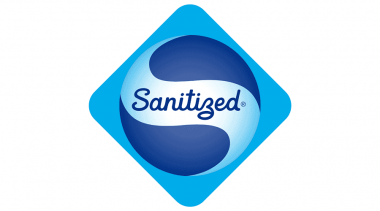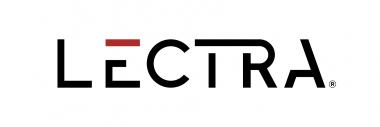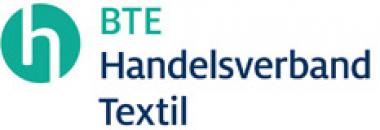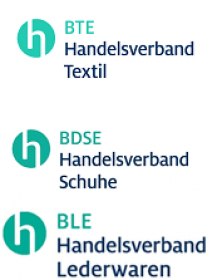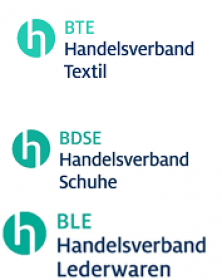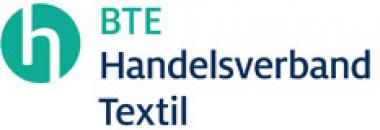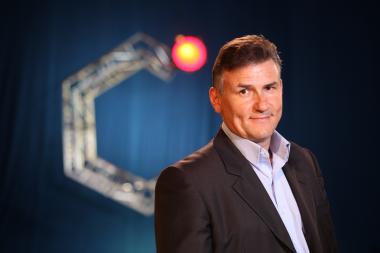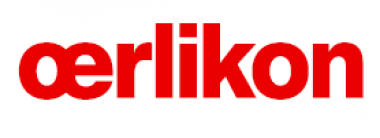ARCHROMA Starts Production of Hand Sanitizers to Help Fight COVID-19
As part of its active engagement in the fight against COVID-19, Archroma, a global leader in color and specialty chemicals towards sustainable solutions, started bulk production of a new range of hand sanitizers at its Landhi site in Pakistan in May 2020. The new Kieralon® HS range was developed by the R&D team at the Archroma Center of Excellence in Karachi, in line with the World Health Organization (WHO) recommendations.
Sanitizers are currently in high demand in Pakistan in hospitals, isolation centers, medical institutes and other health care environments, due to the COVID-19 outbreak. The use of sanitizers has also been made mandatory in all factories, offices and public places, driving the demand even higher.
The Kieralon® HS range is being produced in different grades and concentrations to eliminate a broad range of germs, bacteria and viruses, to cater for various healthcare and hygiene requirements. They also include emollients and display non-stick and quick drying effect, for skin comfort.
In April 2020, Archroma announced the introduction in Brazil of Mowiplus® HPC 9600, a new thickener for sanitizing gels, developed to address the global shortage in the thickener traditionally used for sanitizing gels.
Archroma is also actively supporting manufacturers in the production of face masks and medical protective equipment. Its antimicrobial and barrier products in particular are in high demand, and Archroma is making every effort to assist existing and new customers entering this sector by providing technical know-how and support.
The company is supporting producers of packaging & paper who are facing high demand for food packaging as many restaurants have switched to delivery or take-away, as well as for parcels and boxes supporting online shopping.
Mujtaba Rahim, CEO of Archroma Pakistan comments, “Within Archroma we are cognizant of the acute community need for high quality hygiene products that are also comfortable for users, as hand sanitizers tend to be harsh on the skin, so we took on the challenge to develop and start production in record time. The Archroma team in Pakistan won’t rest in fighting the COVID-19 pandemic, and hopes this new product will help to stop the spread of the virus and the suffering that it causes.”
EMG for Archroma


